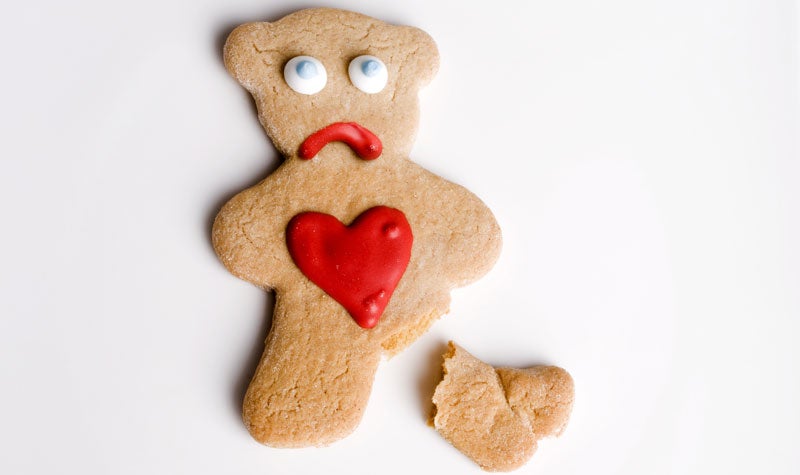We posed your question to several social psychologists who refused to answer it, even when we told them they could disagree with your observation. (Perhaps they are afraid of retribution from defensive dieters?)
But we did find one man willing to take on the topic: author and ���ϳԹ��� contributor, Matt Fitzgerald. In fact, Fitzgerald wrote an entire book examining that exact phenomenon. It’s called : The Surprising Fallacy at the Core of Nutrition Fads and a Guide to Healthy Eating for the Rest of Us, and it’s due out in May.
“The rituals of promoting and adopting special diets is not really all about better health,” Fitzgerald wrote in a synopsis of his book.
Since as far back as the Kosher dietary laws of the ancient Hebrews and even before, human beings have formed group identities and derived a sense of moral superiority from eating by strict rules. This instinct has become so deeply ingrained in human nature that infants as young as three months old express a dislike for those who seem not to share their food preferences. The modern obsession with identifying (and identifying with) the “healthiest” diet is merely a new twist on the same old phenomenon. People who become convinced that a certain way of eating is best for everyone believe they are making a rational choice in pursuit of improved health, whereas they are primarily making an emotional and moralistic choice to join a special group that makes them feel good about themselves.
Fundamentally, dozens of different diets from Fruitarianism to Paleo eating are “animated by exactly the same spirit,” Fitzgerald says. That is, the desire to distinguish ourselves based on how we eat. “To wrap our identities around our eating, establish a community around a group of people who eat that way, and to feel a sense of moral superiority to those who don’t,” Fitzgerald says. “And also to evangelize and get more people to join an exclusive club.”
Do you agree with Fitzgerald’s answer? Let us know in the comments below.


